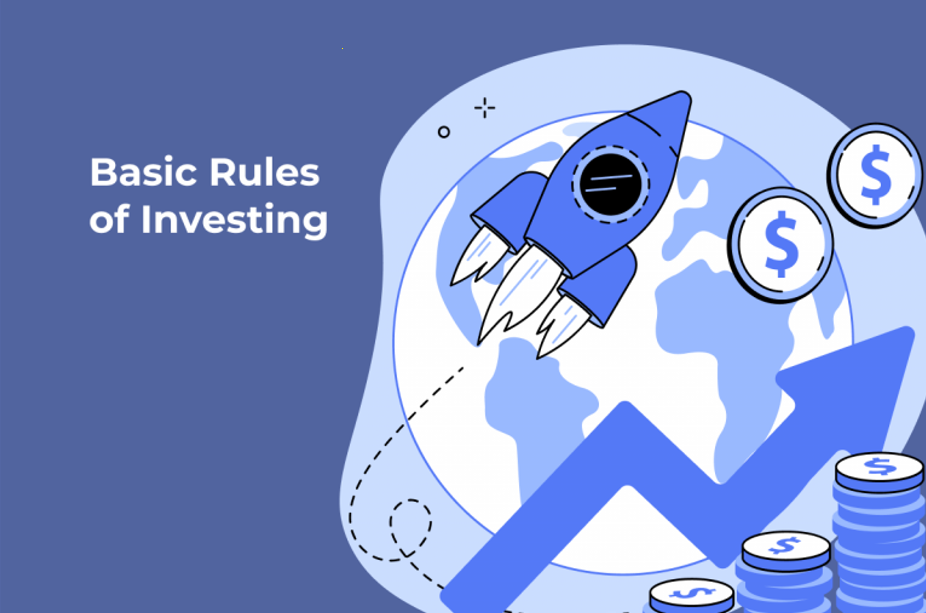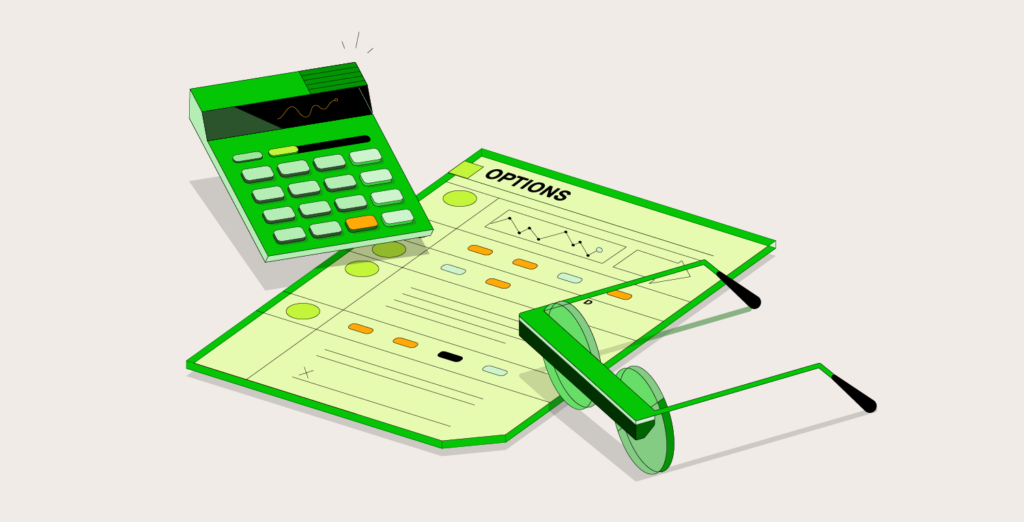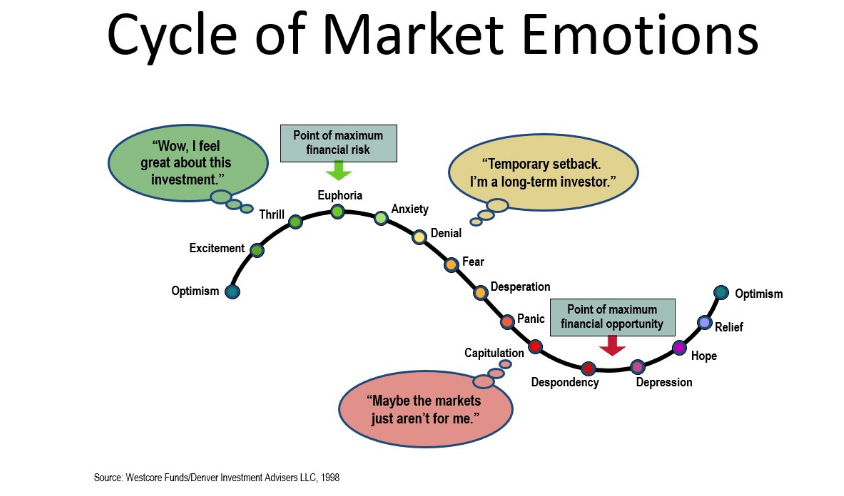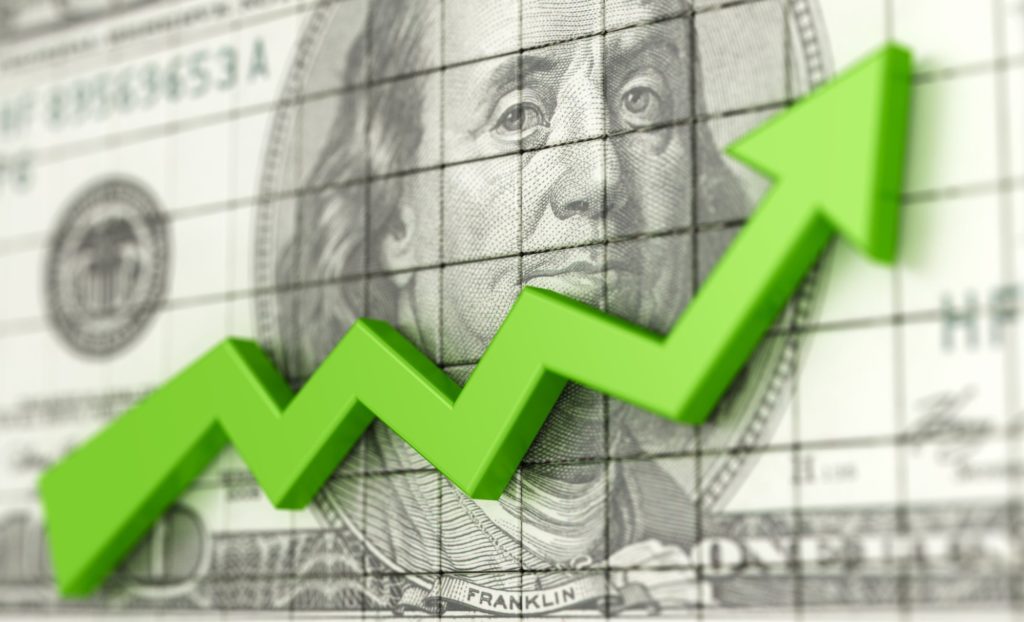Why Trade Options?

What’s the Point of Trading Options?
It is common sense to put our money into an investment vehicle with which we are already familiar and from which we stand to gain the most. The majority of people would rather trade stocks than options since it’s simpler to follow the ups and downs of stock prices. Options trading, on the other hand, has a number of benefits over the stock market and the foreign exchange market. Let’s have a look at some:
Leverage
When an investor purchases a call option, they are essentially taking a stock stake in the underlying asset. At $50 a share, for instance, an investor would need to fork over $15,000 to purchase 300 shares of stock. Alternatively, he may pay merely $6,000 (3 contracts x 100 shares/contract x $20 market price) to buy three $20 calls (each contract representing 100 lots or shares). The investor would then have $9,000. This sum may be used however the investor saw fit. Obviously, it’s not that easy of a process. In order to have a strong option position, the investor must know which call to purchase, just like with stocks. Option trading, on the other hand, is preferable if you want to make a sound investment but are wary of committing a sizable quantity all at once.

Risk management and mitigation to reduce exposure for financial investment, projects, engineering, businesses. Concept with manager’s hand turning knob to low level. Reduction strategy.
The Danger Is Minimal
There’s a common belief that only really brave people should engage in investment. If your gamble always pays off in the end, then that’s a wonderful thing. The reality, however, is that this is not always the case. However, the potential rewards and risks associated with options trading are both virtually limitless. That’s because all you get when you trade options is the right, but not the duty, to buy or sell the underlying asset. As such, if you feel the price is too high or too low, you are free to just let the contract expire without taking any further action. However, you can exercise your rights under the contract and prosecute the contract if you can gain from the fluctuation in share prices.
You decide to invest in a call option with a $20 (strike price) investment and a maturity date of the third Friday of March. You invested $25 in shares that are worth $25 on the expiration date. Without a doubt, you can make $5 per share right away if you go through with the arrangement.
What happens if, on the last day of the option’s term, the price is less than the strike price?
What if the price of the shares you acquired dropped to $15 or $5 by the time the contract expired; would you still be obligated to fulfill the terms of the agreement? No!
The only option is to wait until the contract’s expiration date.
So what exactly have you lost?
The money you forked over to the holder of your options. In addition to that, nothing.
Profit Potential Is Infinite
Let’s pretend the price of the stock you bought the call option on has risen to $38. If you decide to use your option to purchase the stock at the $20 strike price, you will receive $18 (the purchase price minus the Option Premium). This is merely an illustration. The share price has room to grow. In addition, if you have picked your call wisely, you can maximize your return with little outlay of resources. Remember that the whole purchase price is due if you decide to go through with the deal and purchase the shares. If you want to use this offer, you must have the funds in hand on the expiration date.







